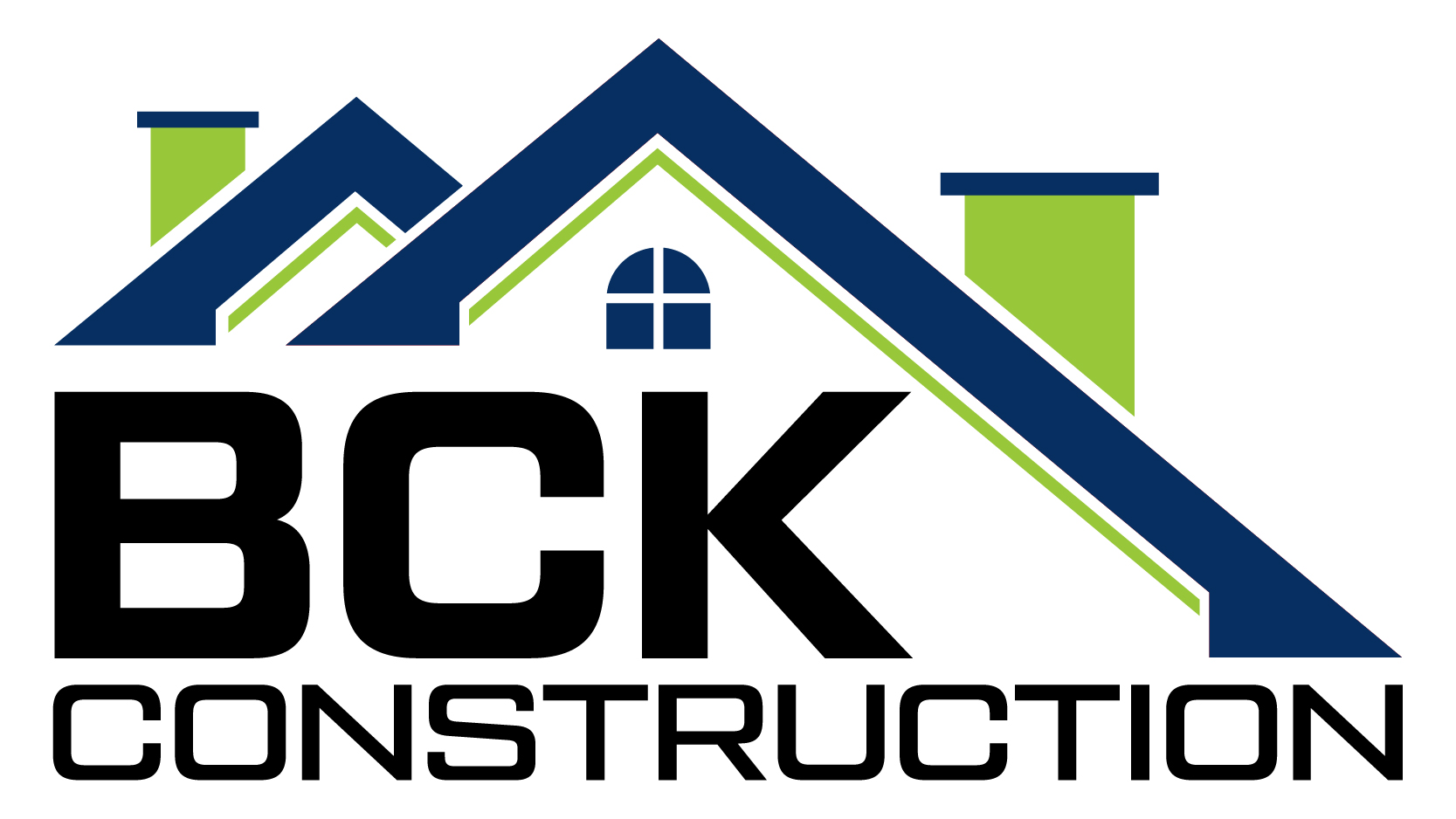A kitchen remodel is one of the most exciting yet significant home improvement projects you can undertake. But just as crucial as picking the design and materials is selecting the proper constructor to realize your idea. Your project will remain on schedule, under budget, and fulfill your objectives if you hire the proper specialist. Here’s a comprehensive guide to help you choose the best kitchen remodeling contractor for your needs.
Step 1: Define Your Goals and Budget
Before you start your search for a contractor, take some time to outline your project’s goals. Ask the following queries to yourself:
- How big is the remodeling project? (e.g., minor updates, full redesign, structural changes)
- Which design or style do you have in mind for your kitchen?
- What is your maximum budget for the project, including materials and labor?
- Having a clear plan ensures that you are on the same page from the beginning and helps contractors give realistic estimates.
Step 2: Research and Gather Recommendations
The best way to find a reliable contractor is through thorough research. Consider the following:
- Ask Referrals: Speak with neighbors, acquaintances, or relatives who have recently finished remodeling their kitchens. Their personal experiences can offer insightful information.
- Search online: Use sites like Houzz, Angie’s List, Yelp, and Google to find contractors in your region who have received good reviews.
- Check Professional Associations: Many reputable contractors are members of organizations like the National Association of the Remodeling Industry (NARI).
Step 3: Verify Credentials and Experience
Once you have a list of potential contractors, dig deeper into their qualifications:
- Licensing: Ensure the contractor is licensed to work in your state. If necessary, check with your local licensing authority.
- Insurance: To safeguard you against unexpected losses or mishaps, confirm that they have worker’s compensation and liability insurance.
- Experience: Seek out contractors who have specialized knowledge of kitchen renovation. This area of expertise guarantees that they comprehend the particular difficulties and demands of these kinds of initiatives.
- Portfolio: Examine their prior work to determine whether their aesthetic fits your needs. On their websites, a lot of contractors provide galleries of finished projects.
Step 4: Conduct Interviews
Narrow down your list to three or four contractors and schedule interviews. Prepare a list of questions to assess their suitability:
- What is the number of kitchen renovation projects you have finished?
- Are you able to give references from current customers?
- How long does it usually take you to complete a project this size?
- Do you utilize subcontractors or do you manage everything internally?
- How do you handle unforeseen problems or modifications while working on a project?
- What is your payment schedule?
Use these interviews to gauge their communication style and professionalism.
Step 5: References and Reviews
- Client References: Ask the company for references from past clients. Get in touch with these references and ask them about their experiences, the caliber of the work, and any problems they get into.
- Online Reviews: To gain a more comprehensive understanding of the company’s reputation, read a range of online reviews. Examine the comments for trends, both favorable and unfavorable.
Step 6: Planning and Design Services
- Design Expertise: Check if the company offers design services. You may construct a kitchen that is both aesthetically beautiful and useful with the assistance of a business that can offer design expertise.
- 3D Renderings: Some companies offer 3D renderings of the proposed design. This might assist you in making well-informed decisions and visualizing the outcome.
- Customization: Make sure the business is prepared to alter the project to meet your unique requirements and preferences.
Step 7: Warranty and After-Sales Service
- Warranty of Workmanship: Ask them about their work warranty. A trustworthy business should provide a warranty that covers both materials and workmanship.
- Follow-Up Services: Ask if the company provides any after-sales services or follow-up visits to address any issues that may arise after the project is completed.
- Manufacturer’s warranties: Make sure the business will help with any claims if necessary and that the materials used are covered by manufacturer warranties.
Step 8: Permits and Regulations
- Permit Acquisition: Verify that the company will obtain the necessary permits for your kitchen remodel. This ensures that the work complies with local building codes and regulations.
- Code Compliance: Make sure that the company understands and will follow local construction codes during the renovation.
- Inspection Coordination: To make sure the work satisfies all legal requirements, a competent contractor will arrange for any necessary inspections.
Step 9: Timeline and Contract
- Detailed Contract: Ensure the company provides a detailed contract that outlines the scope of work, payment schedule, timelines, and any other project specifics.
- Timeline: Talk about the project schedule and make sure it is reasonable. A well-defined schedule facilitates better planning and helps set expectations.
- Change Orders: Recognize the procedure for managing modifications to the project’s scope. Changes should be documented and agreed upon in writing.
Conclusion
Choosing the right kitchen remodeling contractor can make all the difference in the outcome of your project. By following these steps, you’ll ensure a smooth and stress-free experience that transforms your kitchen into the space of your dreams. At BCK Construction LLC, we take great pride in satisfying our clients and providing outstanding craftsmanship. If you’re ready to start your kitchen remodel, contact us today to discuss your vision!



